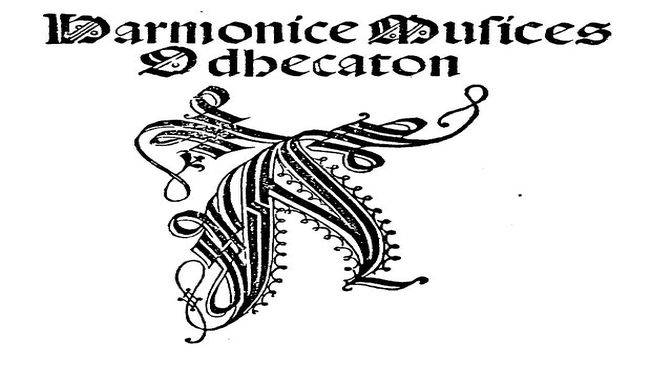Music licensing means transfer of exclusive or non – exclusive rights to use a piece of music which sometimes may be a complete song, a snippet of a song or an entire album or an entire repertoire for a set period of time, for a fee. Music licensing deals can take several forms, but generally all deals dictate the presence of a licensing fee, an expiration date of the licensing agreement, and terms specifying where and how the licensee can use the licensed music.
These licenses are taken by various commercial entities such as television broadcasting organisations, radio stations, digital platforms, restaurants, bars, discotheques etc. In the olden days, authors, composers and copyright owners collected performing right royalties as a norm for operas and similar stage works; but for shorter works which were often performed publicly, thousands of times a day, at all sorts of entertainment programs around the world, some special method of tracking had to be devised.
In practice, it would be intolerably troublesome and costly, if not wholly impractical, to obtain permission to perform copyrighted music in public, and of course it would be impossible for most copyright-owners to deal adequately with such requests of permission. In order to resolve this problem, formation of collective management organizations was introduced under the Berne and Rome conventions. Collective Management Organizations, in some jurisdictions, are called Performing Right Societies or Copyright Societies. By now, in most countries, performing societies have been established.
Collective Management Organizations: Collective Management Organizations are establishments that issue licenses to users of music and collect royalties from them, for and on behalf of their members i.e., Authors, Composers and Publishers of Music, and distribute this Royalty among them after deducting administrative costs. Collective Management Organizations are an important link between creators and users of copyrighted works because they ensure that, as owners of rights, creators receive payment for the use of their works. Some of the world famous Collective Management Organizations are PRS in the UK, ASCAP, SESAC in the United States, IPRS in India, APRA in Australia, IFPI in Switzerland among many others. IPRS has around 3521 members as of date and it is reported that there are more than 6,00,000 authors/composers in the European Union.
These Organizations generally have a pre-defined tariff for various exploiting bodies. Most of the Copyright Societies also grant Blanket Licences for a moderate annual charge which authorizes Public Performance, Broadcast or Diffusion by wire or by any other means of any of the numerous works which the Society controls on behalf of its members and that of its Affiliated Societies throughout the world. The Collective Management Organizations listed above, have their own individual criteria for accepting members, and some require application fees and monthly dues, showcasing their unique styles of working.
We will discuss more about the various kinds of rights granted, royalties and their distribution mechanisms in a continuation post.
References: From here and here



